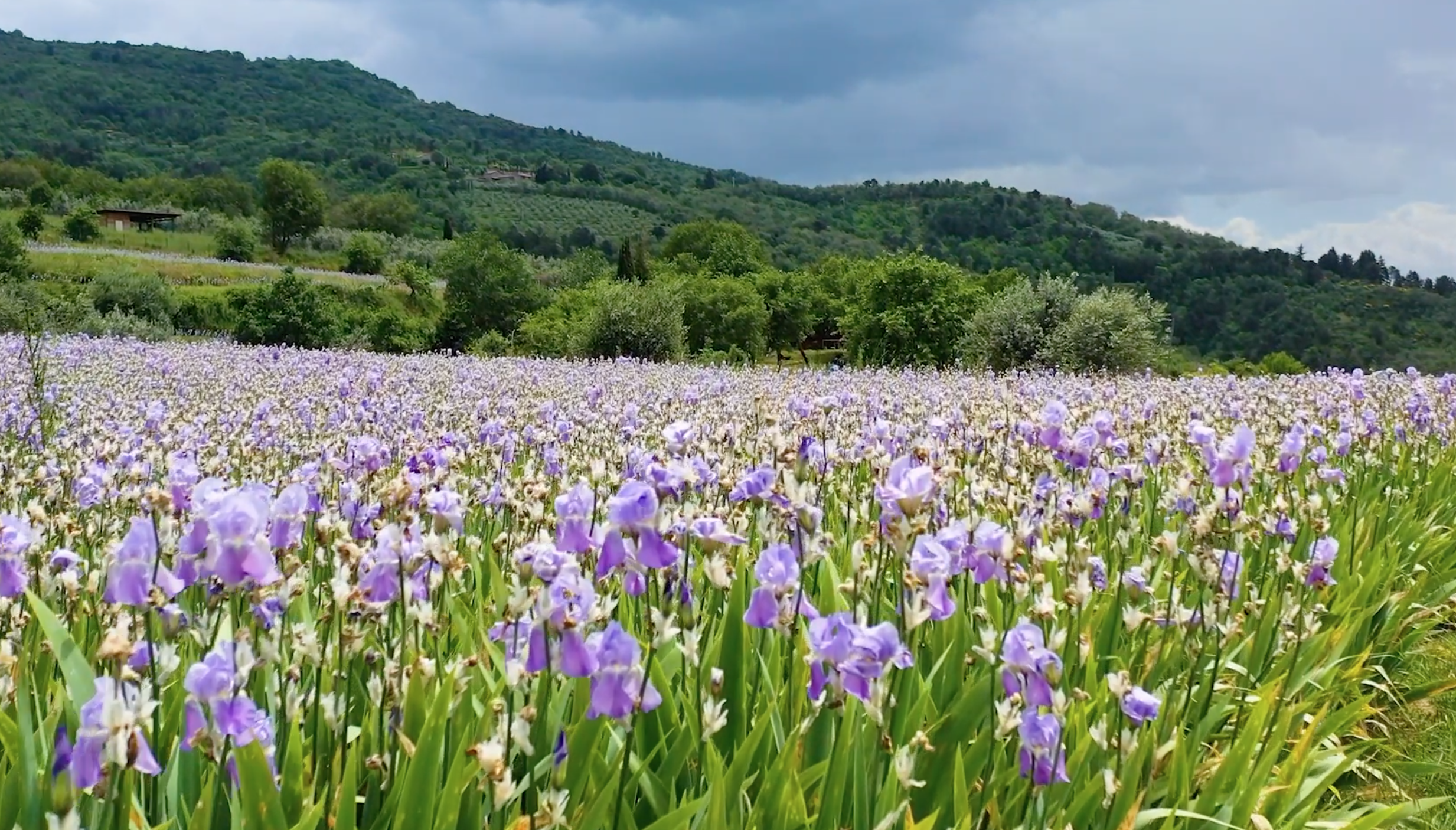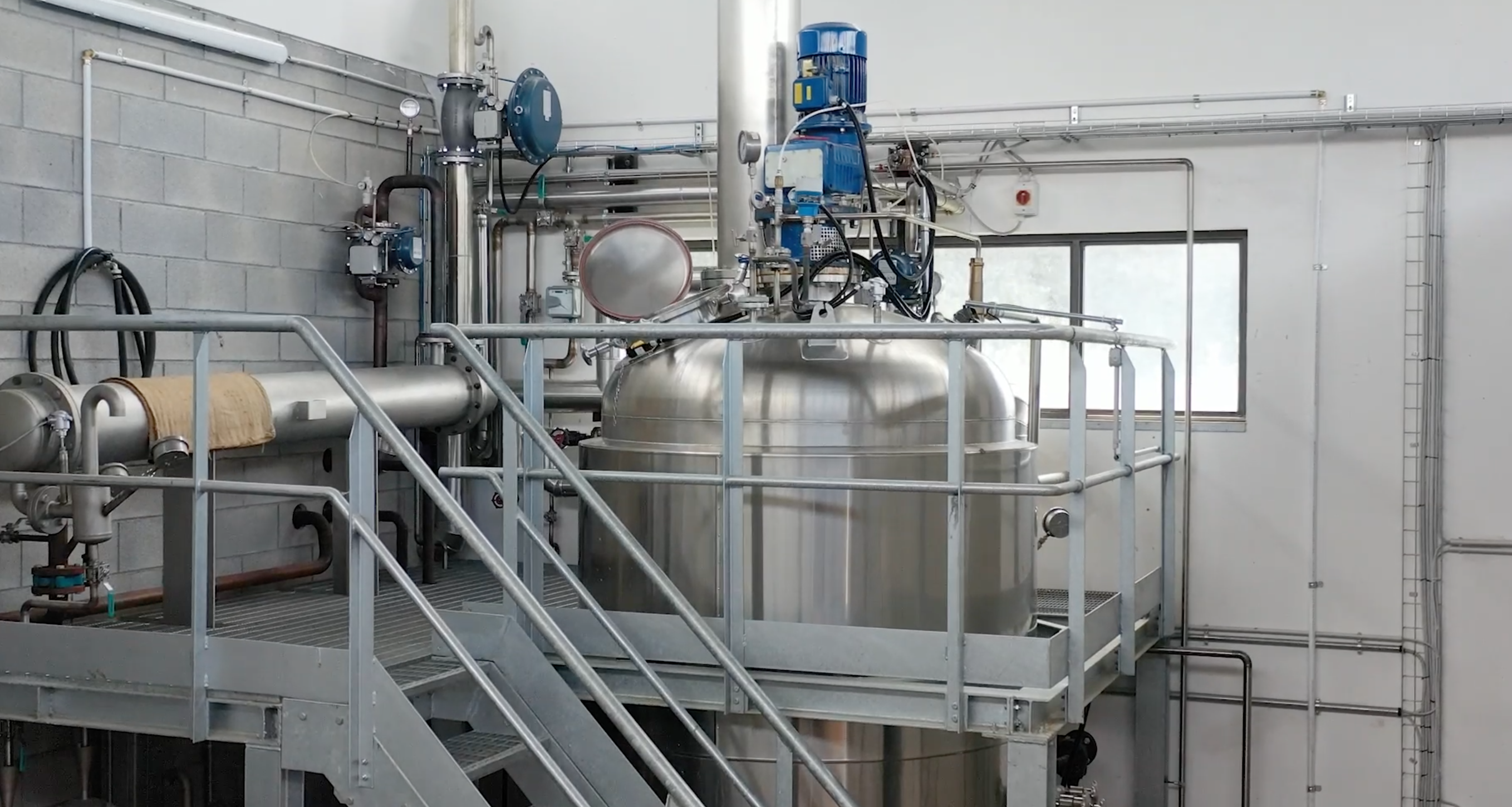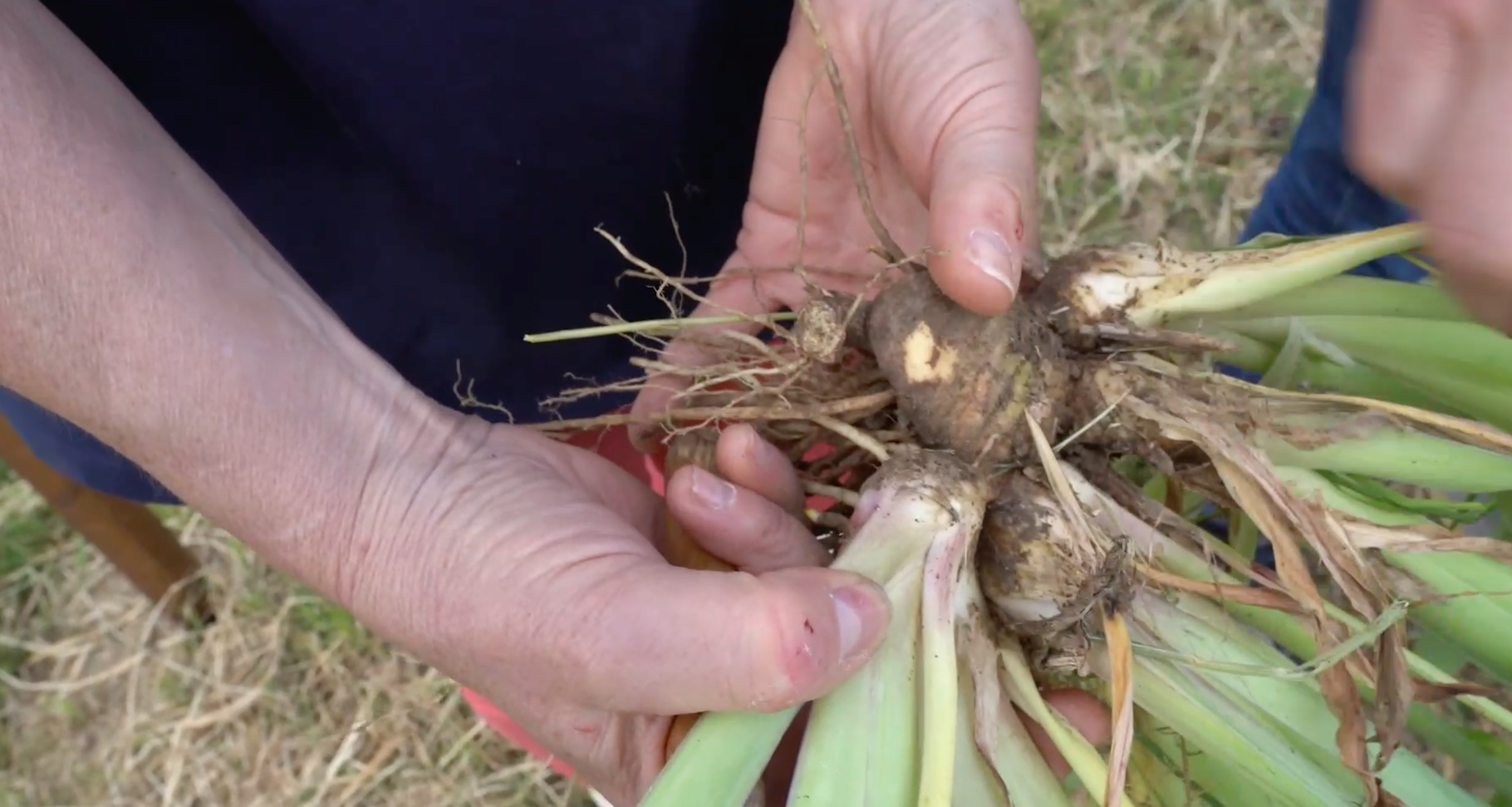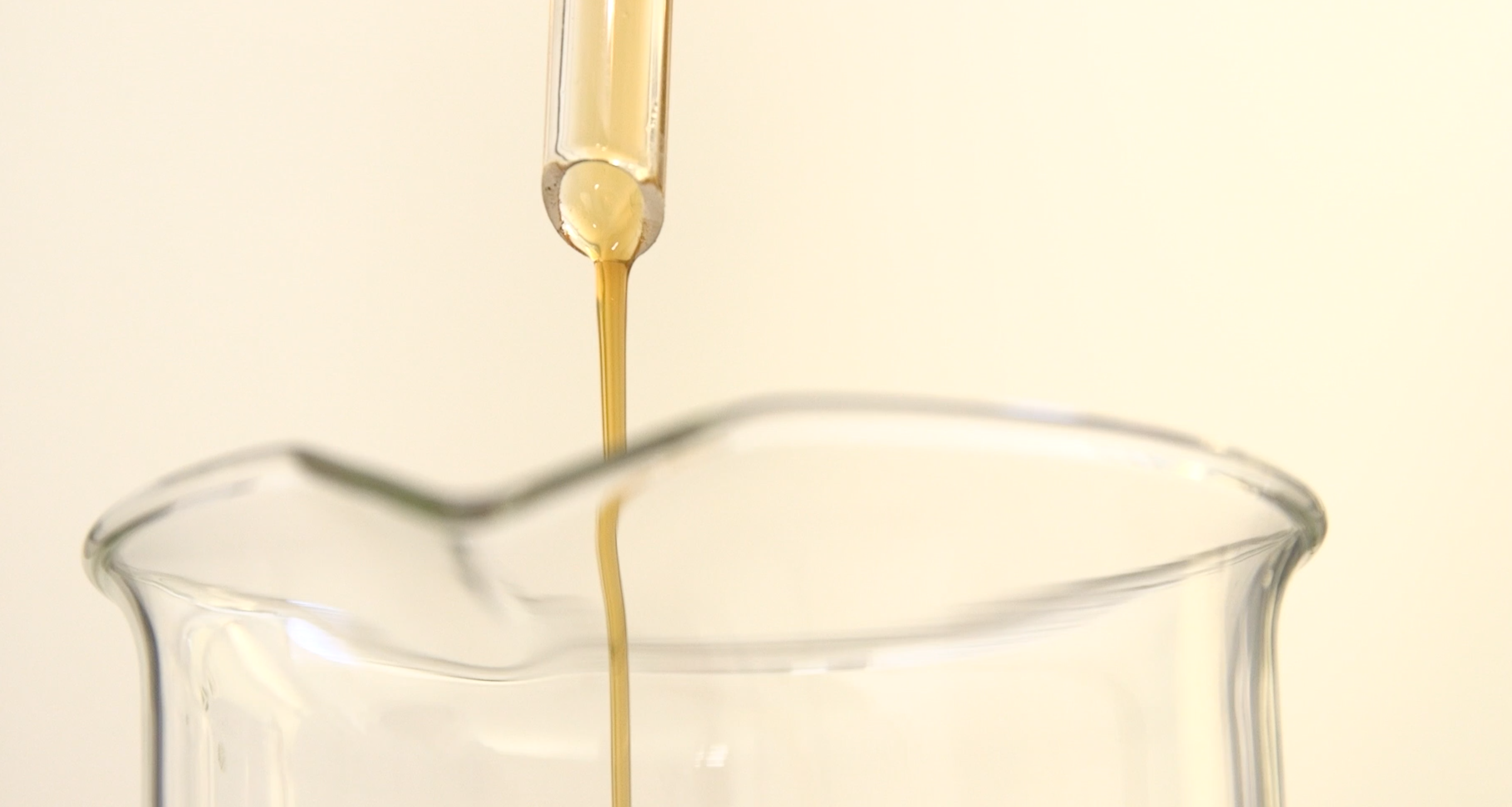
The project focuses on the cultivation of the Iris (also called Giaggiolo in Italian), a flower with significant historical and cultural value in Tuscany's agricultural tradition, featured in Florence's coat of arms since around 1000 AD, and used in food products, cosmetics, and perfumes. The project aims to enhance processing and transformation procedures, boost market opportunities and profitability for producers, and establish sustainable and resilient conditions. This would enable cultivation and transformation activities to drive the rural economy, benefiting future generations while preserving the distinctive landscape features associated with the Iris. In collaboration with 120 producers and the University of Florence, new processing stages, such as distillation and quality control, were introduced. These stages were not managed before the project. Consequently, growers can now sell their products directly to cosmetic companies instead of intermediaries, advancing in the value chain. This improvement has increased the profitability of agricultural activities, enhanced the development prospects of the supply chain by meeting higher demand from transformation activities, and strengthened the economy of the entire rural area.
Context
The project is led by Toscana Giaggiolo, Italy's largest agricultural cooperative specializing in iris rhizome production and sales. Over 120 companies, including many young farmers, are involved in this initiative. Previously, the Cooperative focused solely on traditional iris cultivation. Growers sold only unprocessed raw materials (dried rhizomes) at predetermined quantities and prices set by processing companies, missing out on much of the final value captured by the cosmetics industry. With funding from the RDP, the cooperative constructed Italy's first specialized distillation unit and established an analysis laboratory. This innovation allows Cooperative members to oversee the entire process (from cultivation to rhizome distillation), achieving a 35% higher price per kilogram and ensuring fairer compensation. The project has highlighted the quality of local cultivation and processing methods, expanded production to meet increased market demand, and improved the profitability of the participating businesses. It has revived local agricultural traditions, creating events and initiatives that promote the rural area for tourism, thus showcasing a lesser-known Tuscan excellence. Increased product profitability has motivated growers to reinvest in iris plantations, attracting new members, many of whom are young, to the cooperative. This reinvestment ensures the sustainability and growth of the iris cultivation tradition in Tuscany. Overall, the project not only enhances the economic viability of iris farming but also preserves and promotes the cultural heritage associated with it. By fostering cooperation between farmers and integrating advanced processing techniques, the initiative has strengthened the local economy and created new opportunities for future generations in the agricultural sector.
Aims &Objectives
Activities
With the implementation of the PIF (Integrated Supply Chain Project) the following were achieved:
Submeasure 4.1.3 "Participation in integrated planning by agricultural companies": Companies acquired equipment for iris production, including machinery for cultivation and harvesting phases (tractors, rototillers, trailers, rippers, etc.).
Submeasure 4.2.1 "Investments in the transformation, marketing and/or development of agricultural products": The lead Cooperative purchased a steam boiler, bagging machine, mill, distiller, and analysis laboratory. The introduction of the distiller enabled the Cooperative to incorporate a new processing phase within its premises, adding a new stage to the production chain.
Submeasure 16.2: "Support for pilot projects and the development of new products, practices, processes and technologies": Analytical methods were optimized for both the iris flower and bulb: new techniques have been developed to improve the enhance the characteristics of the product at both a cosmetic and liqueur level.
Submeasure 1.2 "Support for demonstration activities and information actions": all planned actions were completed (2 conferences and 8 thematic meetings). Initiatives and digital materials were disseminated through a network of partners and contacts developed among agricultural companies benefiting from training at CAICT and services provided by the Coldiretti Tuscany territorial network.
Additionally, information was disseminated through the dedicated PIF website (www.PIF-IRIS.it), the CAICT website (https://caict.coldirettitoscana.it/eventi/), and the Coldiretti Tuscany Facebook page.
The project has allowed the involvement of all stakeholders in the production chain and the introduction of innovative process elements, thanks to the participation of the University of Florence. The project was carried out between 2018 and 2022 and is now concluded.
The main phases were as follows:
This initiative has attracted attention from local media. The main targets of the project were small agricultural businesses within the supply chain, both those specialized in Iris cultivation and those focused on other crops, where Iris cultivation served as a secondary activity. The entire rural area and its residents (thanks to the creation of new job opportunities) have benefitedand will continue to benefitfrom the project's results. Indeed, the project has brought advantages to the entire rural area, both economically and in terms of landscape preservation and biodiversity conservation, as well as in tourism.
Quantitative results include:
The project also brought about several benefits:
Currently, there is one full-time employee and three full-time workers, with plans to expand the workforce in the future:
Qualitative benefits include:
Lessons & Recommendations
Bringing together numerous companies, fostering collaboration between old and new generations, and maintaining competitiveness in the market.


